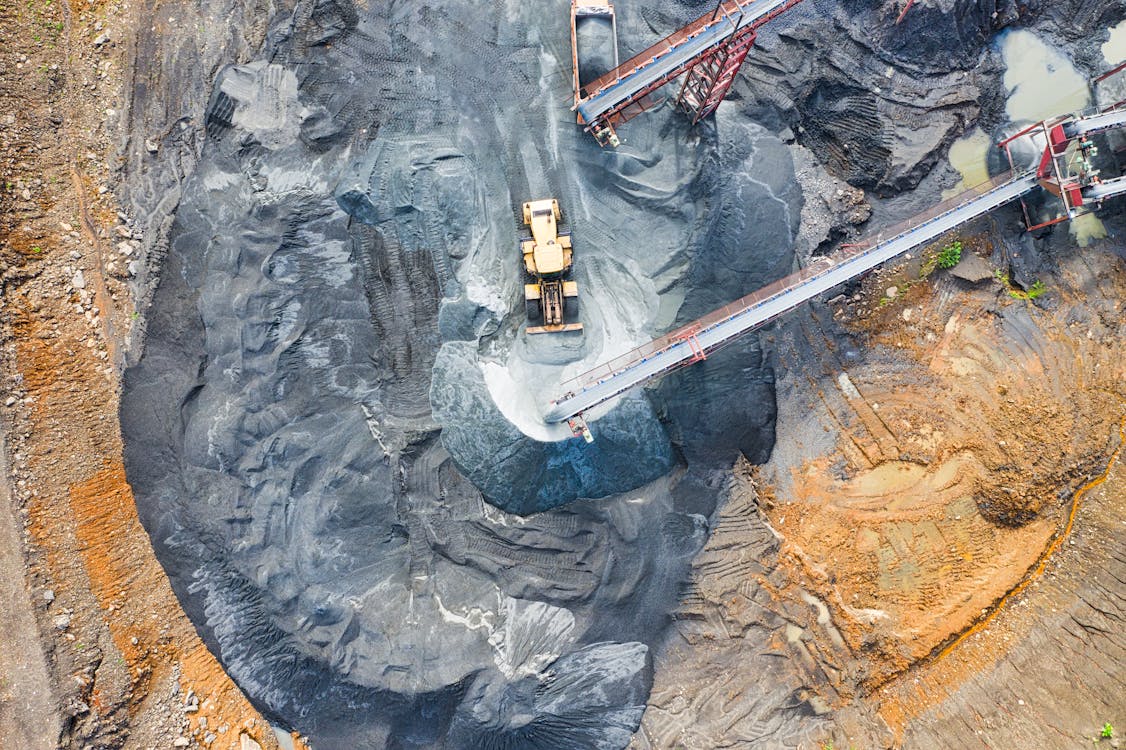Do Smart Contracts Require Mining?
Author: ChatGPT
February 27, 2023
Introduction
Smart contracts are a revolutionary technology that has the potential to revolutionize the way we do business. They are digital contracts that are stored on a blockchain and can be used to facilitate transactions between two parties without the need for a third-party intermediary. Smart contracts have been hailed as a way to reduce costs, increase efficiency, and provide greater security for transactions. But one of the questions that often comes up when discussing smart contracts is whether or not they require mining.
The short answer is no, smart contracts do not require mining. Mining is an essential part of the blockchain process, but it is not necessary for smart contracts to function properly. In fact, many smart contract platforms do not use mining at all. Instead, they rely on other consensus mechanisms such as proof-of-stake or delegated proof-of-stake to validate transactions and ensure that all participants in the network agree on the state of the ledger.

What Is Mining?
Mining is an essential part of how blockchains work. It involves using powerful computers to solve complex mathematical problems in order to create new blocks on the blockchain and add them to the existing chain of blocks. This process is known as “proof-of-work” and it helps ensure that all participants in the network agree on which transactions have taken place and which ones have not taken place yet.
Mining also serves another purpose: it rewards miners with cryptocurrency for their efforts in helping secure the network by verifying transactions and creating new blocks. This reward system helps incentivize miners to continue contributing their computing power to maintain the integrity of the blockchain network.

Do Smart Contracts Need Mining?
No, smart contracts do not need mining in order to function properly. As mentioned earlier, many smart contract platforms do not use mining at all; instead they rely on other consensus mechanisms such as proof-of-stake or delegated proof-of-stake to validate transactions and ensure that all participants in the network agree on the state of the ledger.
However, some smart contract platforms do use mining as part of their consensus mechanism; Ethereum is one example of this type of platform. Ethereum uses a hybrid consensus mechanism called “proof-of-work/proof-of-stake” which combines both proof-of-work and proof-of stake algorithms in order to validate transactions and create new blocks on its blockchain network.

Conclusion
In conclusion, while some smart contract platforms may use mining as part of their consensus mechanism, it is not necessary for them to function properly; many platforms rely solely on other consensus mechanisms such as proof-of stake or delegated proof -of -stake instead. Ultimately, whether or not a particular platform uses mining depends entirely upon its design and implementation; however, it is important to note that mining does not necessarily need to be used in order for a platform’s smart contracts to function properly

